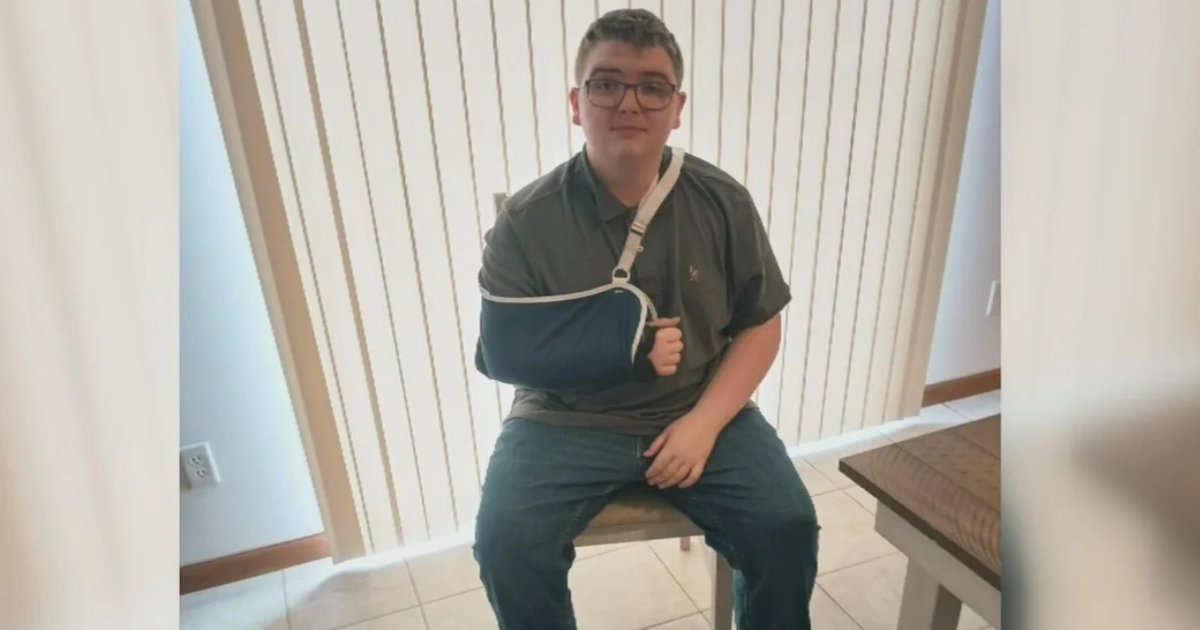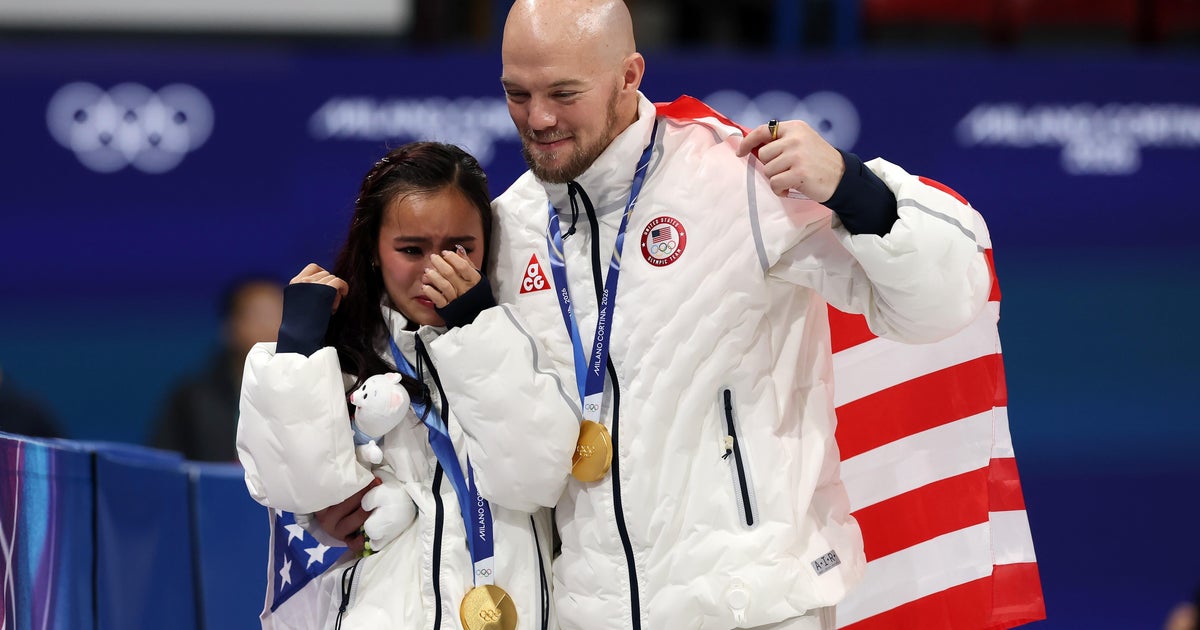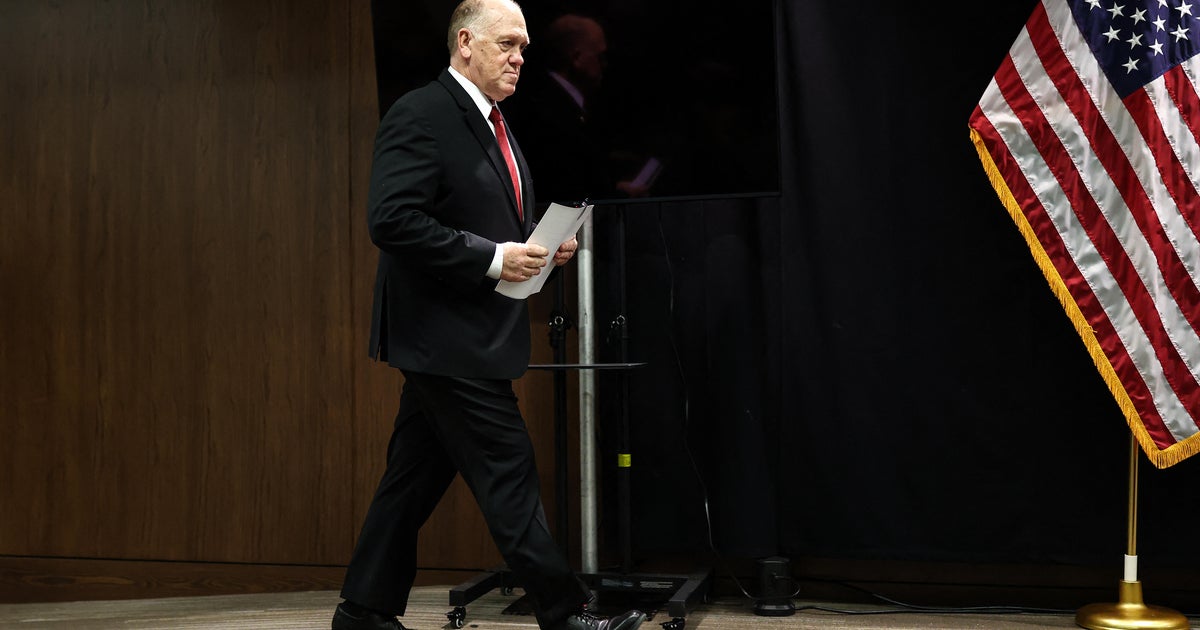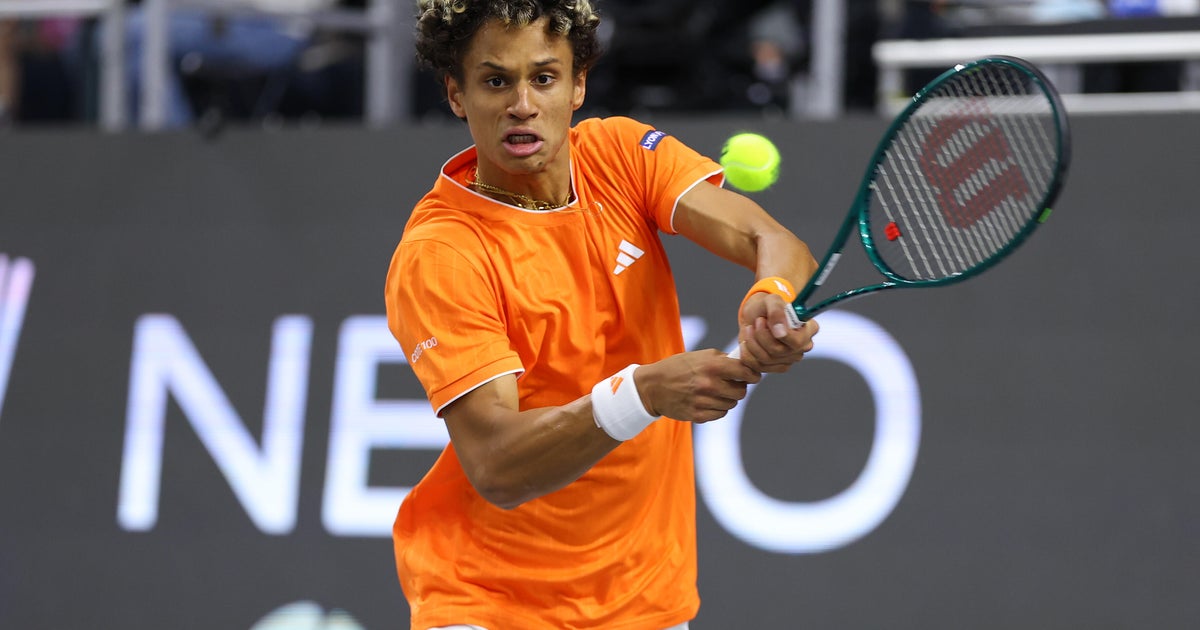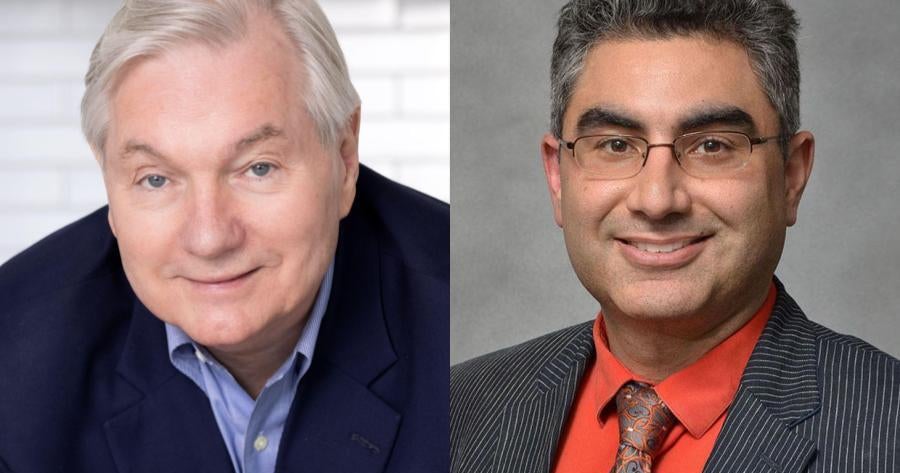Soccer Players At High Risk For Concussions
MINNEAPOLIS (WCCO) -- The Schwan's USA Cup has been going on for three decades, drawing teams from around the world to Minnesota.
But organizers are taking some different precautions this year.
They have three team doctors in place to look closely for concussions, which are a bigger problem in soccer than you might think.
There have actually been several concussions Thursday at the USA Cup. For some prospective, this is the world's most popular sport – and it is one of the absolute worst when it comes to concussions.
Thomas Adams plays goalie for the Lakeville Lightning Soccer Club. Amidst the mega tournament of the summer, he didn't expect to be riding the bench.
"I didn't play yesterday and I can't today," Adams said.
The devoted player got a concussion two days ago as he and a player from Rio de Janeiro went in for a ball, giving him less of a chance to show off his tournament hair.
"It hurt, like right after it ... I was on the ground, I couldn't move for like the first five seconds, so it hurt," he said.
His club was right by his side.
"He was complaining about headaches, so we definitely needed to get it checked out before we allowed him to play and it's a good thing we did, definitely upped my awareness of head injuries and concussions," Lakeville Lightning Assistant Coach Matt Branscomb said.
Dr. Jamie Peters of Allina Health Sports Medicine -- a soccer player himself -- is one of three team doctors keeping an extra eye on this year's players. If anyone takes a hard hit to the head, they go in for a full concussion evaluation.
"Every day, every half day, we're seeing concussions," Peters said. "Soccer is a high-velocity sport and … it's inevitable that there will be head injuries that lead to concussion. A knee or elbow to someone's head can certainly cause a concussion. It's that jostling of that brain within the skull that leads to concussion."
Dr. Peters says players should protect their head space by keeping their arms up whenever they are close to another player. And be aware of concussion symptoms like confusion, fogginess or headaches.
"Next time, I'll try not to get kneed in the back of the head," Adams said.
Dr. Peters says concussions in soccer mostly come from contact with another player, the ground or goal posts.
He says if you think there may be chance you have a concussion, it is essential to sit on the sidelines. The real damage comes when someone with a concussion gets another one. Get checked out with someone in sports medicine or someone who is specifically educated in concussions.
